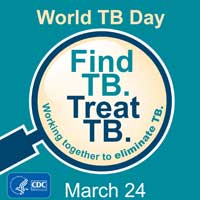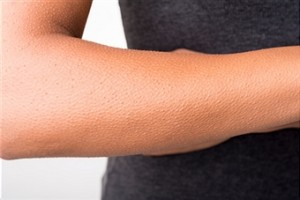Eating healthful meals is an essential part of managing diabetes. If you suffer from diabetes,or just crave a healthy dessert, this carrot cake recipe is sure to please. Recipe courtesy of Diabetic Living Online.
- 1 1/2 cups all-purpose flour
- 2/3 cup flax seed meal
- 2 teaspoons baking powder
- 1 teaspoon pumpkin pie spice
- 1/2 teaspoon baking soda
- 1/4 teaspoon salt
- 3 cups finely* shredded carrot (about 6 medium)
- 1 cup refrigerated or frozen egg product, thawed, or 4 eggs, lightly beaten
- 1/2 cup granulated sugar or sugar substitute blend** equivalent to 1/2 cup granulated sugar
- 1/2 cup packed brown sugar or brown sugar substitute blend** equivalent to 1/2 cup brown sugar
- 1/2 cup canola oil
- 1 recipe Fluffy Cream Cheese Frosting
- Coarsely shredded carrot (optional)
- Preheat oven to 350 degrees F. Grease and lightly flour two 8×1-1/2- or 9×1-1/2-inch round cake pans; line bottom of pans with waxed paper. Grease and lightly flour the waxed paper and the sides of the pans. Set aside.
- In a large bowl, stir together flour, flax seed meal, baking powder, pumpkin pie spice, baking soda, and salt; set aside. In another large bowl, combine finely shredded carrot, eggs, granulated sugar, brown sugar, and oil. Add egg mixture all at once to flour mixture. Stir until combined. Divide batter evenly among prepared pans, spreading evenly.
- Bake for 25 to 30 minutes for 8-inch pans, 20 to 25 minutes for 9-inch pans, or until a toothpick inserted near centers of the cakes comes out clean. Cool cakes in pans on wire racks for 10 minutes. Invert cakes onto wire racks. Cool completely.
- Place one cooled cake layer on a serving platter. Top with half of the Fluffy Cream Cheese Frosting. Place the second cake layer atop the frosting; spread with the remaining frosting. If desired, garnish with coarsely shredded carrot. Makes 14 to 16 servings.
- * Be sure to finely shred the carrots to prevent them from sinking to the bottom of the pan during baking.
- **Sugar Substitutes: Choose Splenda® Sugar Blend for Baking to substitute for the granulated sugar and Splenda® Brown Sugar Baking Blend to substitute for the brown sugar. Follow package directions to use product amount equivalent to 1/2 cup granulated and 1/2 cup brown sugar.
- **Sugar Substitutes: PER SERVING WITH SUBSTITUTE: same as above, except 231 cal., 25 g carb., 186 mg sodium. Daily values: 3% calcium. Exchanges: 1.5 other carb. Carb choices: 1.5
Fluffy Cream Cheese Frosting ingredients:
- 2 ounces softened reduced-fat cream cheese (Neufchatel)
- 1/2 teaspoon vanilla
- 1/4 cup powdered sugar
- 1 1/2 cups frozen light whipped dessert topping
- In a medium bowl, beat reduced-fat cream cheese (Neufchatel) with an electric mixer on medium to high speed until smooth. Beat in vanilla. Gradually add powdered sugar, beating until smooth. Thaw 1-1/2 cups frozen light whipped dessert topping. Fold about 1/2 cup of the topping into the cream cheese mixture to lighten. Fold in the remaining whipped topping. Makes about 1-3/4 cups.
All content of this newsletter is intended for general information purposes only and is not intended or implied to be a substitute for professional medical advice, diagnosis or treatment. Please consult a medical professional before adopting any of the suggestions on this page. You must never disregard professional medical advice or delay seeking medical treatment based upon any content of this newsletter. PROMPTLY CONSULT YOUR PHYSICIAN OR CALL 911 IF YOU BELIEVE YOU HAVE A MEDICAL EMERGENCY.








 Answer: To raise the body’s temperature. When we are cold muscle fibers around the hair follicles contract- giving us goosebumps. This activity produces heat and raises the body temperature.
Answer: To raise the body’s temperature. When we are cold muscle fibers around the hair follicles contract- giving us goosebumps. This activity produces heat and raises the body temperature.

